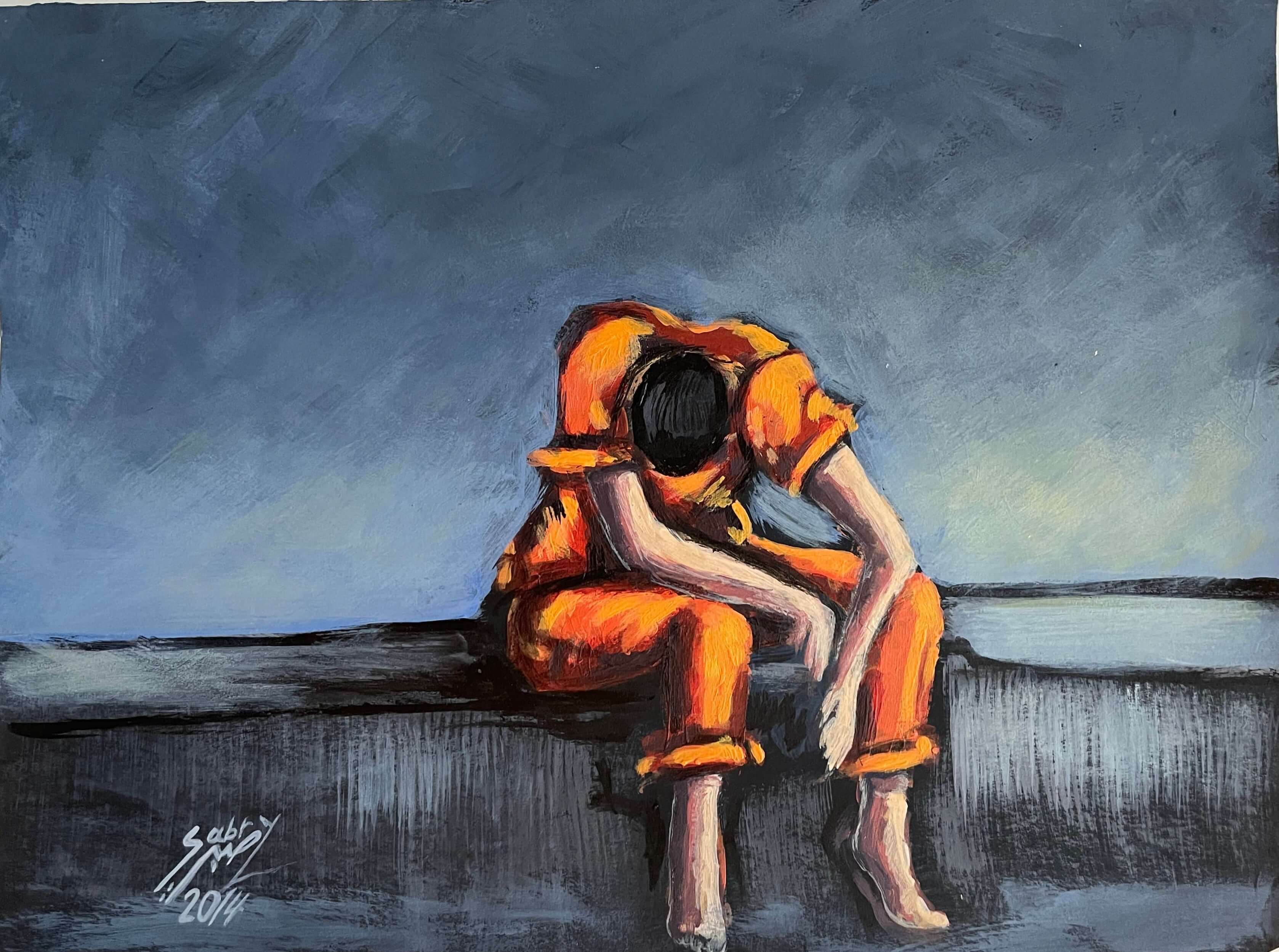Case Profile: Mohammed Al-Gubari – Ex Guantanamo Family Man Trapped Between Promises and Exile


Background and Detention
Mohammed Al-Gubari, a Yemeni citizen born on March 7, 1980, was a teacher of Arabic and Islamic studies. In late 2001, while in Pakistan, he was caught in the massive wave of arrests that followed 9/11. Like so many others, he was detained by Pakistani authorities and handed over to U.S. forces in exchange for a bounty. What followed was over twelve years of imprisonment at Guantánamo Bay.
Throughout his time at Guantánamo, Mohammed was never charged with any crime. He was interrogated repeatedly, subjected to abuse and torture—sleep deprivation, isolation, and psychological torment among them—but no credible evidence against him was ever produced. His case became yet another example of the U.S. "War on Terror's" most shameful legacy: indefinite detention without trial. The cost was profound—years lost, health broken, and a family torn apart.
Guantánamo Clearance and Transfer Deal
In 2009, the Obama administration’s Guantánamo Review Task Force cleared Mohammed for release, concluding that he posed no threat to the United States or its allies. Yet clearance meant nothing in practice. Because of a congressional ban on returning detainees to Yemen, and the lack of countries willing to offer resettlement, he remained imprisoned.
In 2014, Kazakh officials—alongside U.S. representatives and delegates from the International Committee of the Red Cross (ICRC)—visited Mohammed in Guantánamo. They promised him a new beginning in Kazakhstan: legal residency, a path to citizenship, the right to work, freedom of movement, and protection from persecution. Based on these promises, and with no safe return possible to war-torn Yemen, Mohammed accepted the transfer.He was resettled in Kazakhstan in December 2014.
Resettlement in Kazakhstan
Mohammed arrived in Kazakhstan with hope and determination to rebuild his life. He eventually married a Kazakh woman and became the father of a young daughter. But the promises he had received quickly crumbled.
From the start, Kazakh authorities placed him under surveillance. He was denied legal residency, prohibited from working, restricted in his movements, and blocked from receiving visits from relatives abroad. The ICRC initially supported him with basic housing, healthcare, and a small stipend—but that support ended in December 2024. Since then, Mohammed has had no institutional backing at all.
Despite being legally married to a Kazakh citizen under Islamic law and raising a child together, the state has refused to recognize his right to remain, document his marriage, or acknowledge his family’s existence. His applications for legal residency have been rejected or ignored. Security officials have repeatedly pressured him to leave the country, and he has been subjected to interrogations where he was labeled a “threat” without evidence. The mental and emotional toll of this prolonged limbo is immense—for him, his wife, and his child.
Legal Struggles and Threat of Deportation
In 2024, Kazakh authorities issued a formal rejection of Mohammed’s latest application for residency and ordered his deportation to Yemen. His lawyer filed an urgent appeal, arguing that returning him to Yemen would expose him to grave risks, including detention, torture, or enforced disappearance. That appeal is still pending.
International advocacy groups, including CAGE International, have taken up Mohammed’s case. Former UN Special Rapporteur Fionnuala Ní Aoláin included his situation in her reports on post-Guantánamo detainees, and in early 2025, the UN Special Procedures issued communication UA KAZ 1/2025, urging Kazakhstan to halt deportations and respect its international obligations. The Kazakh government acknowledged the rejection but gave no indication that it would reverse course.
The threats against Mohammed have intensified. He was told to “leave voluntarily” or face forced removal to Yemen. In recent months, security agents summoned his wife and pressured her to divorce him. They closed her small business and fined her approximately $3,000. Intelligence officers threatened that if Mohammed refused to leave, he would never see his daughter again. What was once a life of hope has turned into a daily nightmare for him and his family.
A Life in Limbo, a Demand for Dignity
More than ten years after his release from Guantánamo, Mohammed remains trapped—stateless, rightless, and vulnerable. His life in Kazakhstan has been one of fear and exclusion, despite his peaceful record, his family ties, and the promises made to him by both the U.S. and Kazakh governments.
Mohammed asks for only one thing: to live in peace with his wife and child, to build a future free from fear, and to be recognized not as a threat but as a human being who has already endured more than most could bear.
His case is not unique—but it is urgent. It speaks to the broken promises and moral failures of a global system that continues to punish men long after their imprisonment ends. It calls for accountability, for legal protection, and for the world not to look away.
Download Files








